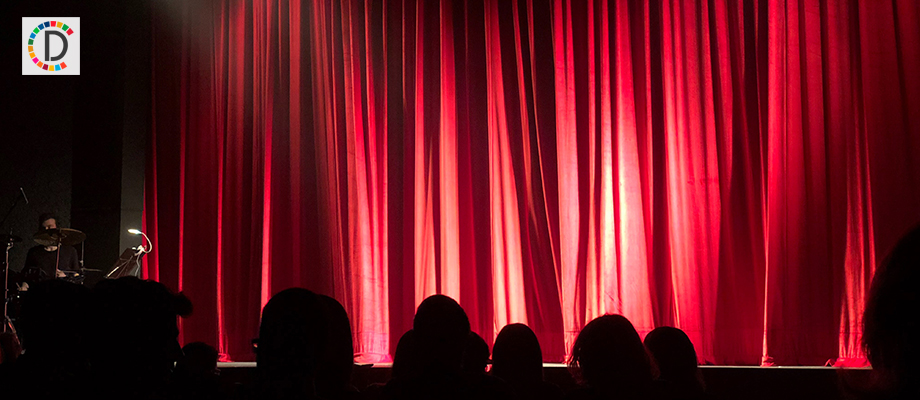'Follower' Film delves into fake news, Marathi ethnic tensions in Karnataka's Belgaum
But despite having 80 per cent of the population that speaks in Marathi, Belgaum found its way to Karnataka, the producer said.The socio-political landscape of Belgaum forms the setting where the protagonist, Raghu, navigates his struggles and confronts issues of discrimination, identity, and political manipulation.The reason why Kalyani decided to produce the film is because he himself witnessed the linguistic discrimination in the state.My mother tongue has been Marathi and I was brought up in Belgaum.

- Country:
- India
''Follower'' explores many issues, such as linguistic and cultural identity of natives of Karnataka's Belgaum, that makes it relevant for the current times, says producer Santosh Kalyani about the indie movie that puts a cinematic lens on social media and how it can be misused in inciting unrest.
''Follower'', which was recently screened at the 5th Habitat International Film Festival, follows Raghu, a small-time journalist working at a radical online media outlet in the linguistically polarised town of Belgaum in Karnataka.
''Our film is about fake news essentially and how that has been used as a polarizing agent,'' Kalyani told PTI.
''Follower'' is directed by Harshad Nalawade, who also features in the movie along with Donna Munshi, Shalini Chougule, Raghu Prakash, Atul Deshmukh and Umesh Teli.
The setting of the film is unique as Belgaum has a Marathi-speaking majority population and has been a focal point of a longstanding dispute between two states and communities.
The city's linguistic divide serves as a backdrop for the story, highlighting the tensions and conflicts arising from the coexistence of different linguistic groups.
''Belgaum earlier was a part of the Bombay estate and it has 80 per cent Marathi speaking population. During the reorganisation of states in 1956, people were reorganised along linguistic lines. The Telugu speaking population went to Andhra Pradesh, the Kannada speaking population went to Karnataka, the Marathi speaking population went to Maharashtra. But despite having 80 per cent of the population that speaks in Marathi, Belgaum found its way to Karnataka,'' the producer said.
The socio-political landscape of Belgaum forms the setting where the protagonist, Raghu, navigates his struggles and confronts issues of discrimination, identity, and political manipulation.
The reason why Kalyani decided to produce the film is because he himself witnessed the linguistic discrimination in the state.
''My mother tongue has been Marathi and I was brought up in Belgaum. We have faced these issues since childhood. When you made an attempt to speak in Marathi, you would always be asked to speak in Kannada. I can speak in both languages except for the fact that Marathi is my mother tongue,'' he added.
Kalyani believes the film deals with how a majority group feels ''alienated, despite being a majority''.
''It feels alienated to some minority speaking population. When you look with the larger perspective at India or the entire world, there is a lot of polarisation that is happening along the caste and religious lines. This doesn't need to happen.
''In our film, we have a character of a politician who comes to the scene and starts creating these fault lines among the people. We wanted to understand what goes into the psyche of these people,'' he said.
(This story has not been edited by Devdiscourse staff and is auto-generated from a syndicated feed.)










